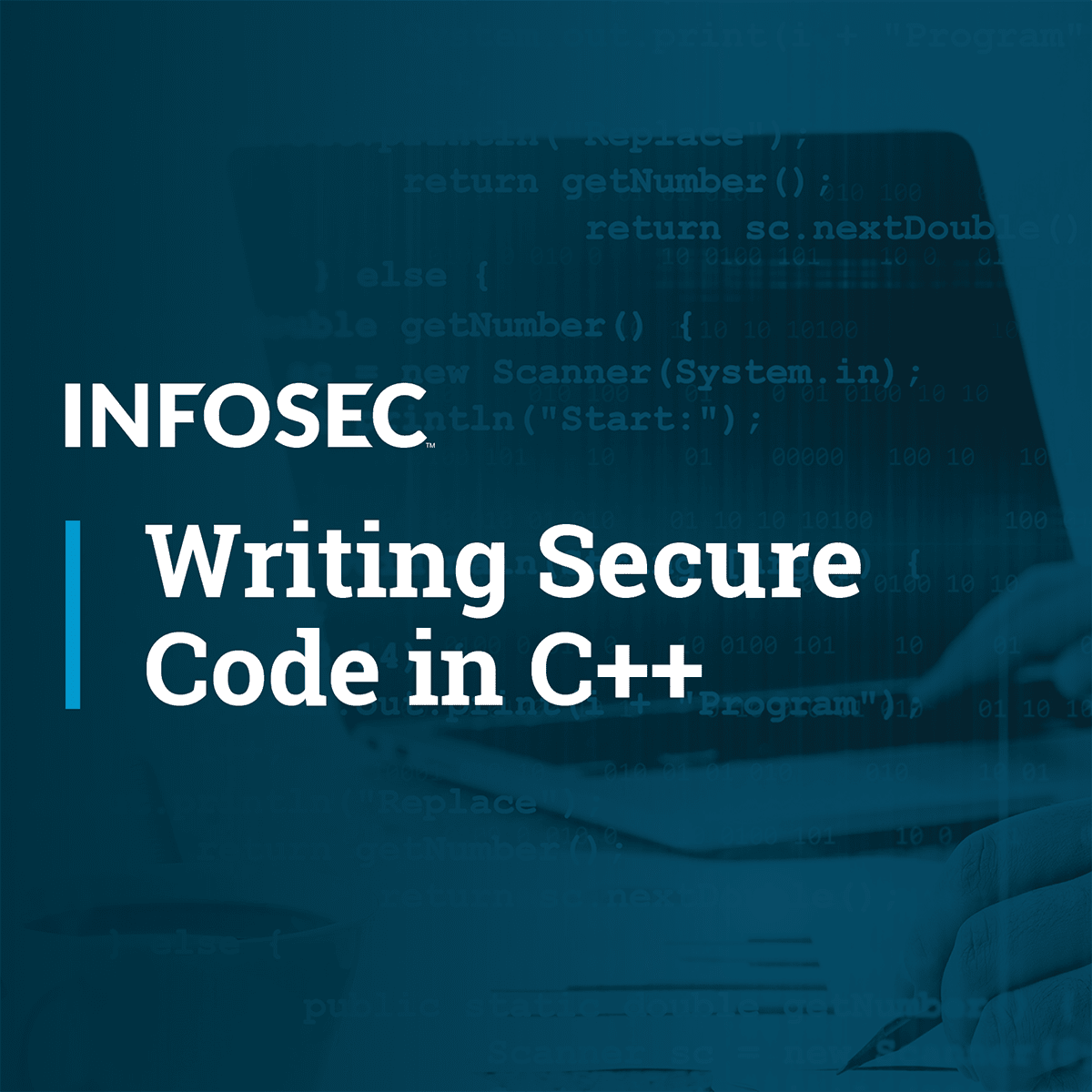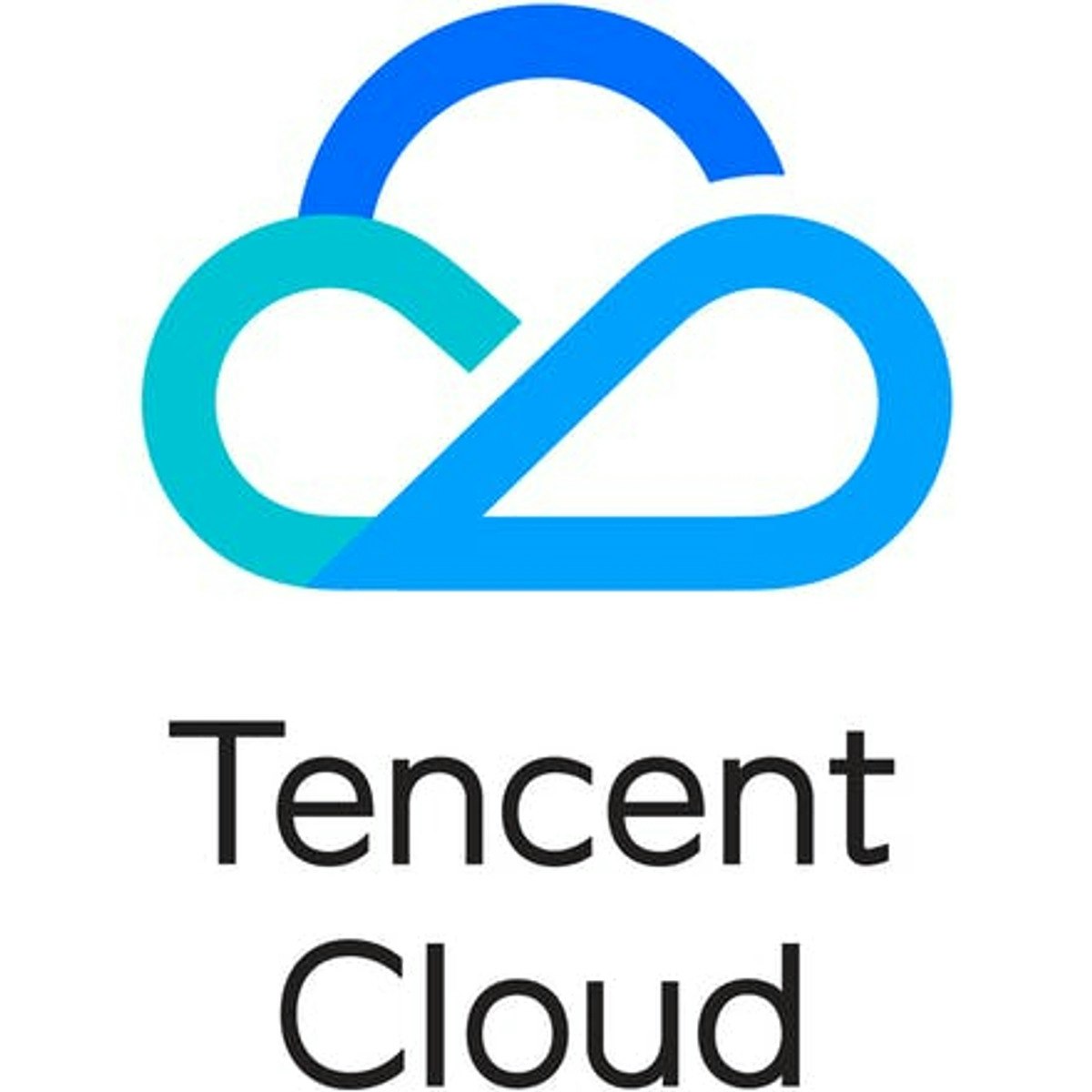Back to Courses









Computer Science Courses - Page 15
Showing results 141-150 of 2309

Introduction to C++
This course is an introduction to the course. It presents the teacher, the tools and the content of the courses and explains why C/C++ is important. This course also covers C/C++ particularities a programmer needs to know to create secure programs using these languages.

Tencent Cloud SysOps Associate
This course is primarily aimed at cloud professionals who are interested in learning about Tencent Cloud's system operations. It equips learners with a foundational knowledge in deploying, monitoring, and operating Tencent Cloud's basic products and prepares them to take the Tencent Cloud SysOps Associate examination. After completing this course, learners will be able to operate and maintain Tencent Cloud's basic products and deploy business on Tencent Cloud.

Introduction to Machine Learning: Supervised Learning
In this course, you’ll be learning various supervised ML algorithms and prediction tasks applied to different data. You’ll learn when to use which model and why, and how to improve the model performances. We will cover models such as linear and logistic regression, KNN, Decision trees and ensembling methods such as Random Forest and Boosting, kernel methods such as SVM.
Prior coding or scripting knowledge is required. We will be utilizing Python extensively throughout the course. In this course, you will need to have a solid foundation in Python or sufficient previous experience coding with other programming languages to pick up Python quickly.
We will be learning how to use data science libraries like NumPy, pandas, matplotlib, statsmodels, and sklearn. The course is designed for programmers beginning to work with those libraries. Prior experience with those libraries would be helpful but not necessary.
College-level math skills, including Calculus and Linear Algebra, are required. Our hope for this course is that the math will be understandable but not intimidating.
This course can be taken for academic credit as part of CU Boulder’s Master of Science in Data Science (MS-DS) degree offered on the Coursera platform. The MS-DS is an interdisciplinary degree that brings together faculty from CU Boulder’s departments of Applied Mathematics, Computer Science, Information Science, and others. With performance-based admissions and no application process, the MS-DS is ideal for individuals with a broad range of undergraduate education and/or professional experience in computer science, information science, mathematics, and statistics. Learn more about the MS-DS program at https://www.coursera.org/degrees/master-of-science-data-science-boulder.

Wire Up an Auction Website with GraphQL
In this 1.5 hours class, you will get up to speed with GraphQL, a popular query language that is used by many companies including Facebook, and right here at Coursera! GraphQL provides a standardized and flexible way to structure queries and exchange data among various database and server platforms. We will focus on the syntax and the fundamentals like data types, arguments, aliases, fragments, directives, and mutations. By the end of this class, you will have wired up a mock auction website with a GraphQL server and made it functional! Javascript and REST API are required as prerequisites.

Robot Localization with Python and Particle Filters
In this one hour long project-based course, you will tackle a real-world problem in robotics. We will be simulating a robot that can move around in an unknown environment, and have it discover its own location using only a terrain map and an elevation sensor. We will encounter some of the classic challenges that make robotics difficult: noisy sensor data, and imprecise movement.
We will tackle these challenges with an artificial intelligence technique called a particle filter.
By the end of this project, you will have coded a particle filter from scratch using Python and numpy.
Note: This course works best for learners who are based in the North America region. We’re currently working on providing the same experience in other regions.

BlockApps STRATO: Spin Up A Blockchain Node in 3 minutes
This is a self-paced lab that takes place in the Google Cloud console.
Discover how easy it is to spin up a private blockchain network and create user accounts within the network using BlockApps' STRATO platform on Google Cloud. In this lab, you will see just how easy it is to launch a blockchain network. This lab will show you how to spin up a simple private blockchain network consisting of one node.
By the end of this lab, you will see how launching a private blockchain network is "the easy part" and feel prepared to launch & reset STRATO networks as you add more complexity to them in the future.

Automated Reasoning: Symbolic Model Checking
This course presents how properties of acting systems and programs can be verified automatically. The basic notion is a transition system: any system that can be described by states and steps. We present how in CTL (computation tree logic) properties like reachability can be described.
Typically, a state space may be very large. One way to deal with this is symbolic model checking: a way in which sets of states are represented symbolically. A fruitful way to do so is by representing sets of states by BDDs (binary decision diagrams).
Definitions and basic properties of BDDs are presented in this course, and also algorithms to compute them, as they are needed for doing CTL model checking.

Configuring your IDE for beginners with IntelliJ IDEA
In this 1.5 hour guided project. I will show you how to configure IntelliJ IDEA, an integrated development environment to create a productive environment and facilitate a smooth workflow for your development projects. We will cover user interface customizations, build configurations, and version control systems. Basic knowledge of any modern computer programming languages is required.

NLP: Twitter Sentiment Analysis
In this hands-on project, we will train a Naive Bayes classifier to predict sentiment from thousands of Twitter tweets. This project could be practically used by any company with social media presence to automatically predict customer's sentiment (i.e.: whether their customers are happy or not). The process could be done automatically without having humans manually review thousands of tweets and customer reviews.
Note: This course works best for learners who are based in the North America region. We’re currently working on providing the same experience in other regions.

Introduction to Cybersecurity for Business
The world runs computers. From small to large businesses, from the CEO down to level 1 support staff, everyone uses computers. This course is designed to give you a practical perspective on computer security. This course approaches computer security in a way that anyone can understand. Ever wonder how your bank website is secure when you connect to it? Wonder how other business owners secure their network? Wonder how large data breaches happen? This is practical computer security. It will help you answer the question – what should I focus on?
Popular Internships and Jobs by Categories
Browse
© 2024 BoostGrad | All rights reserved


